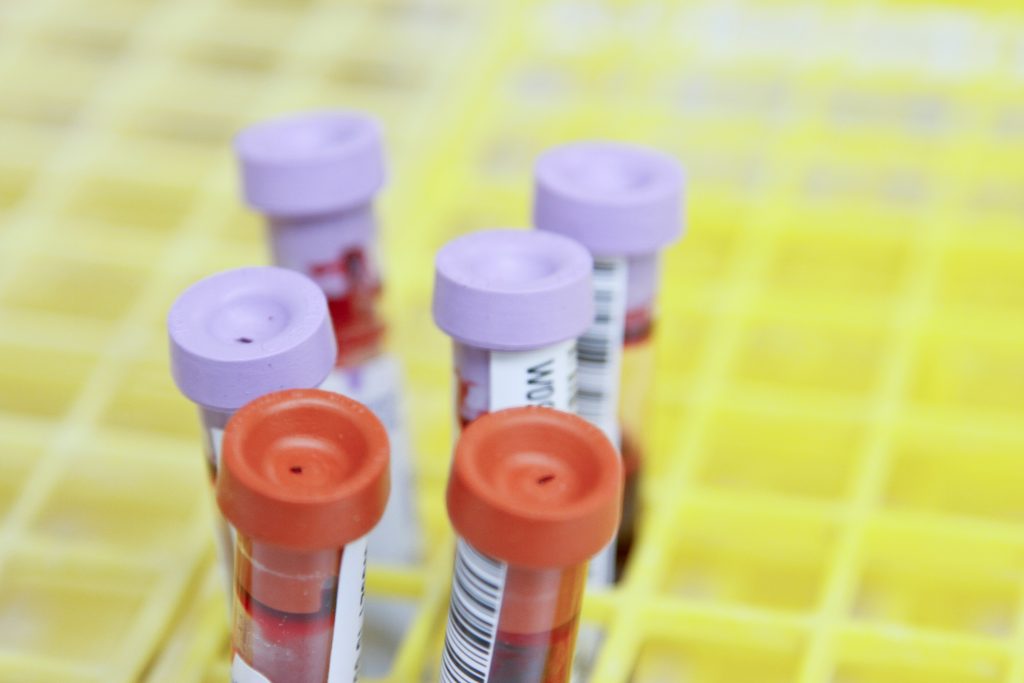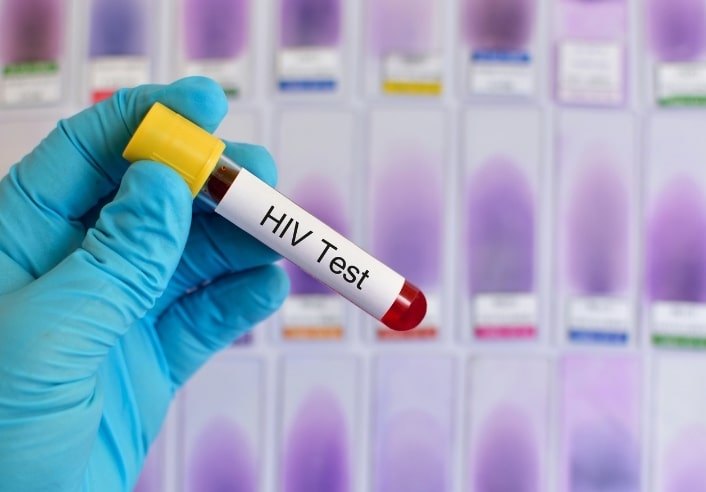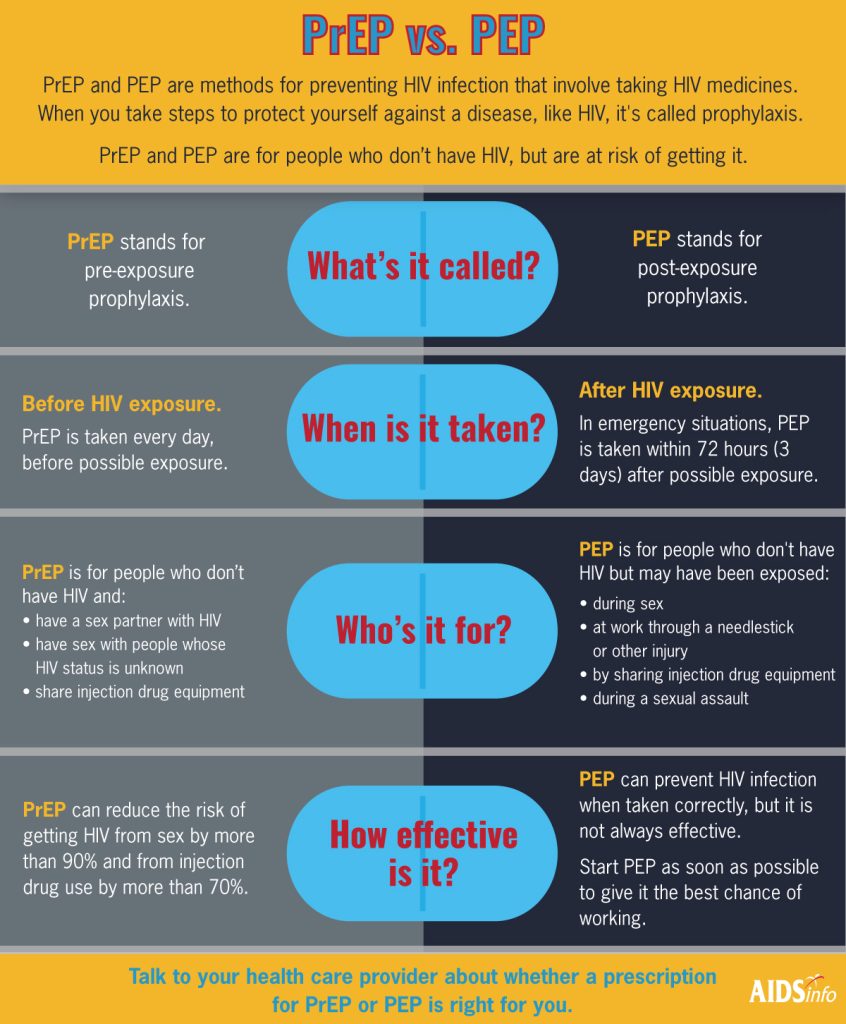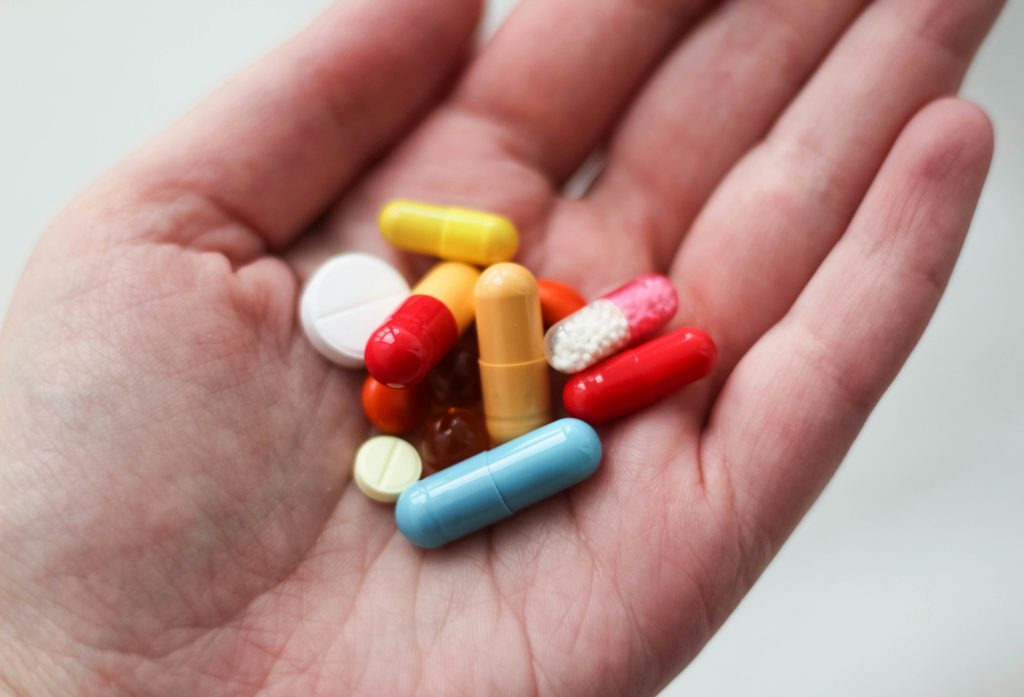When to Take PEP Singapore: After Unprotected Sex with Unknown HIV Status
Engaging in unprotected sex with someone whose HIV status is unknown puts you at significant risk. Even partners who appear healthy might unknowingly carry the virus. HIV often remains undetected without symptoms for years. All types of sex—vaginal, anal, or oral—pose transmission risks, especially receptive anal intercourse.
If you’re wondering when to take PEP in Singapore, this is one of the clearest scenarios. Regular testing is crucial, especially for sexually active individuals with multiple partners. Many avoid testing due to stigma, making verbal assurances unreliable. If a lapse occurs, starting PEP within 72 hours can significantly reduce your risk of infection.
What to do:
- Immediately note the time and circumstances of exposure.
- Contact Anteh Dispensary via WhatsApp at 8764 7488 for same-day PEP access.
If you’re unfamiliar with how PEP works, the CDC’s official guide on PEP offers a comprehensive medical overview before you decide when to take PEP in Singapore.

When to Take PEP Singapore: Condom Breakage or Slippage During Sex
Despite using protection, condoms can tear, leak, or slip, leading to unexpected exposure to HIV. These incidents frequently result from incorrect use, expired latex, or improper storage. Any direct exposure to bodily fluids, even briefly, can carry HIV risk.
Never assume a condom failure is minor. Each incident matters, especially with a partner of uncertain HIV status.
What to do:
- Clearly record when and how the exposure occurred.
- Visit Anteh Dispensary immediately to discuss starting PEP

When to Take PEP Singapore: Immediately After Sexual Assault
Survivors of sexual assault face physical, emotional, and potentially HIV-related trauma. Often, the attacker’s HIV status remains unknown, increasing the urgency for preventive measures. PEP is essential in emergency medical protocols post-assault, alongside emotional support and STI prevention.
What to do:
- Seek medical help urgently at Anteh Dispensary or a hospital.
- Anteh provides discreet, compassionate consultations ensuring full confidentiality.
When to Take PEP Singapore: Following Needle Stick Injuries
Accidental needle injuries pose significant HIV transmission risks. Whether in medical environments, waste disposal, or other occupational hazards, even minor punctures from contaminated needles demand immediate attention.
The depth of the injury, needle type, and source significantly influence risk, making immediate evaluation essential.
What to do:
- Immediately report the injury to your supervisor.
- Clean the injury site thoroughly.
- Get an urgent risk assessment at Anteh Dispensary and start PEP if advised.

When to Take PEP Singapore: After Sharing Needles for Drug Use
Using shared needles during drug injection remains a major cause of HIV transmission. Small amounts of blood left on needles can easily transmit HIV. Even a single instance significantly increases your risk.
Seeking help early not only addresses the immediate risk but provides resources for future safety and harm reduction.
What to do:
- Visit Anteh Dispensary immediately if exposure occurred within the last 72 hours.
- Get confidential access to PEP and support for harm reduction.

When to Take PEP Singapore: Blood Exposure Through Open Wounds
HIV transmission can occur through contact with another person’s blood via open wounds or mucous membranes. Everyday scenarios like accidents, physical altercations, or assisting someone injured without protective measures can inadvertently expose you.
What to do:
- Thoroughly rinse the affected area with soap and water immediately.
- Visit Anteh Dispensary urgently for evaluation and possible PEP treatment.

When to Take PEP Singapore: Why Immediate Action Matters
Timely action drastically improves PEP effectiveness. Waiting diminishes its protective benefits significantly. Anteh Dispensary offers urgent, confidential, and judgment-free care to help you swiftly navigate potential HIV exposure.
Even if uncertain about your risk level, professional assessment provides peace of mind. Quick responses prevent long-term health issues, and Anteh ensures privacy and empathy.
Why Choose Anteh Dispensary:
- Quick, discreet access to PEP
- Compassionate, judgment-free consultations
- No referral necessary; walk-in and WhatsApp bookings available
For a deeper understanding of emergency HIV prevention, check out our detailed guide:
Where to Get PEP in Singapore: A Step-by-Step Guide

Location and Contact
1 Lor 22 Geylang, #01-02, Singapore 398664
+65 6744 1809
Whatsapp / handphone 87647488

















